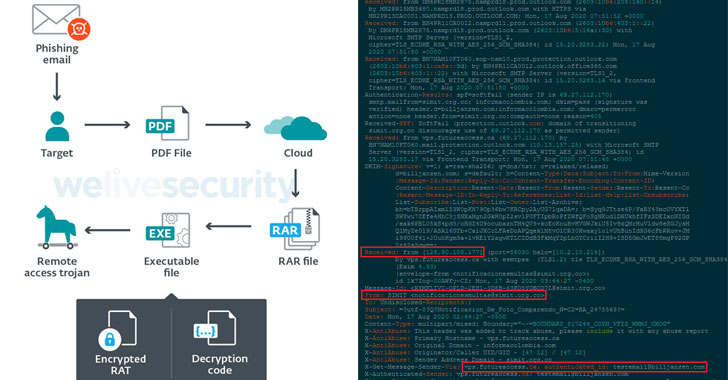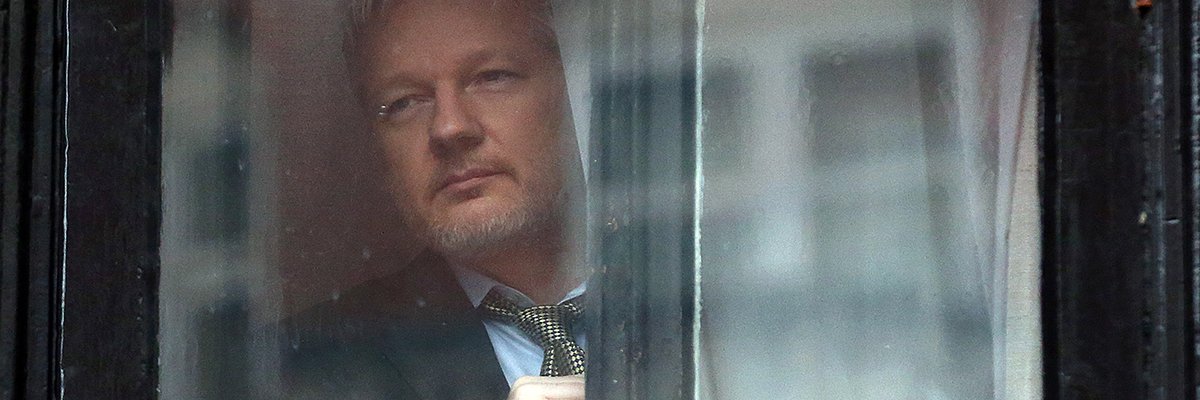Hot on the heels of the UK government revealing the second tranche of winning schemes in its 5G Create programme, two of the UK’s biggest mobile network operators, O2 and BT-owned EE, have announced extensions of their 5G networks. But just before the roll-out trucks roll, BT has warned consumers that some operators may be exaggerating their 5G coverage.
O2 launched its UK 5G service in July 2019 with sites in Belfast, Cardiff, Edinburgh, Leeds, London and Slough, with key locations in a further 14 towns and cities around the UK added in December that year and a further 30 in summer 2020.
O2’s new UK 5G locations that are now live include Bournemouth, Cheltenham, Doncaster and Southampton, while it has significantly increased its 5G coverage footprint in larger cities, such as London, Liverpool, Birmingham, Glasgow, Bristol and Manchester.
O2 currently offers more than 30 different 5G-enabled devices and says it will continue to roll out 5G where customers need it, with urban areas receiving added coverage through more cell sites, in-building systems and small cell deployments. It adds that it will now focus on densification to improve customer experience and plans to invest more than ever in its network.
The operator said the extension announcement comes at an important time for the 5G industry, with a focus on superfast connectivity at an all-time high during lockdown and as customers continue to transition to the network via new handsets. “We are delighted with the progress of our 5G roll-out and to be able to offer customers in over 150 locations the benefits of our high-speed network,” said Derek McManus, chief operating officer at O2.
“Once again we are facing tough lockdown restrictions and we are focused on ensuring we meet the demand for increased network capacity and reliability to keep everyone connected during this time.”
EE was the first UK operator to launch 5G in May 2019 and has now switched on 5G in a further 13 towns across the UK: Leamington Spa (home of the Silicon Spa Gaming Cluster), Burton upon Trent, Cannock, Grimsby, Halifax, Ipswich, Middlesbrough, Neath, Portishead, St Albans, Stockport, Swinton and Tamworth.
At the same time, EE has been named the UK’s leading network for gaming. According to the latest independent testing by RootMetrics, EE’s network recorded the fastest aggregate median download speed of any network, the lowest packet loss, and the lowest jitter during RootMetrics’ UK-wide testing.
Yet despite the accolades and launches, Marc Allera, CEO of consumer brands at EE owner BT, was warning users that for 5G, it was not just a case of the number of towns and cities, it was the quality and availability of a 5G connection that counted, and he went on to say that his company’s rivals were exaggerating the extent and quality of their 5G experiences. And for 5G to be successful, customers must be able to trust network claims, he added.
Allera said that when EE announces it has switched on a new location with 5G, there must be meaningful levels of coverage there, which it assessed with clear benchmarks and strict criteria that need to be met. Also, during the company’s initial 5G roll-out, EE was only announcing places with a minimum population of 10,000, within which it must be delivering 5G coverage to at least one-third of that local population as well as the centre of the location, he said.
By contrast, said Allera, one rival’s network that currently purports to have the highest number of 5G locations in the UK, actually had coverage levels lower than EE’s and also suffered the highest level of congestion among the major UK MNOs on the 5G it did have, slowing by more than 36% during peak hours.
Allera said that another supplier, which had claimed the best 5G in London, was quoting the results of a report that tested mainly only where it had a strong signal, rather than capturing the wider area. A third rival that claimed to be the “best network” was actually highlighting an award for customer service, he added.
“The lack of consistency in how, where and when networks claim to have 5G is frustrating,” said Allera. “Yes, it’s frustrating to us – every fair and meaningful award for network coverage, EE repeatedly wins. But it’s also frustrating for customers, who might buy into a claim only to be disappointed with the actual coverage they receive.
“And this brings me back to reliability. It’s not just about the number of towns and cities – it’s the quality and availability of your 5G connection that counts.”
Allera said this was an area that BT was keen to address and it was already working with UK telecoms regulator Ofcom to monitor.













